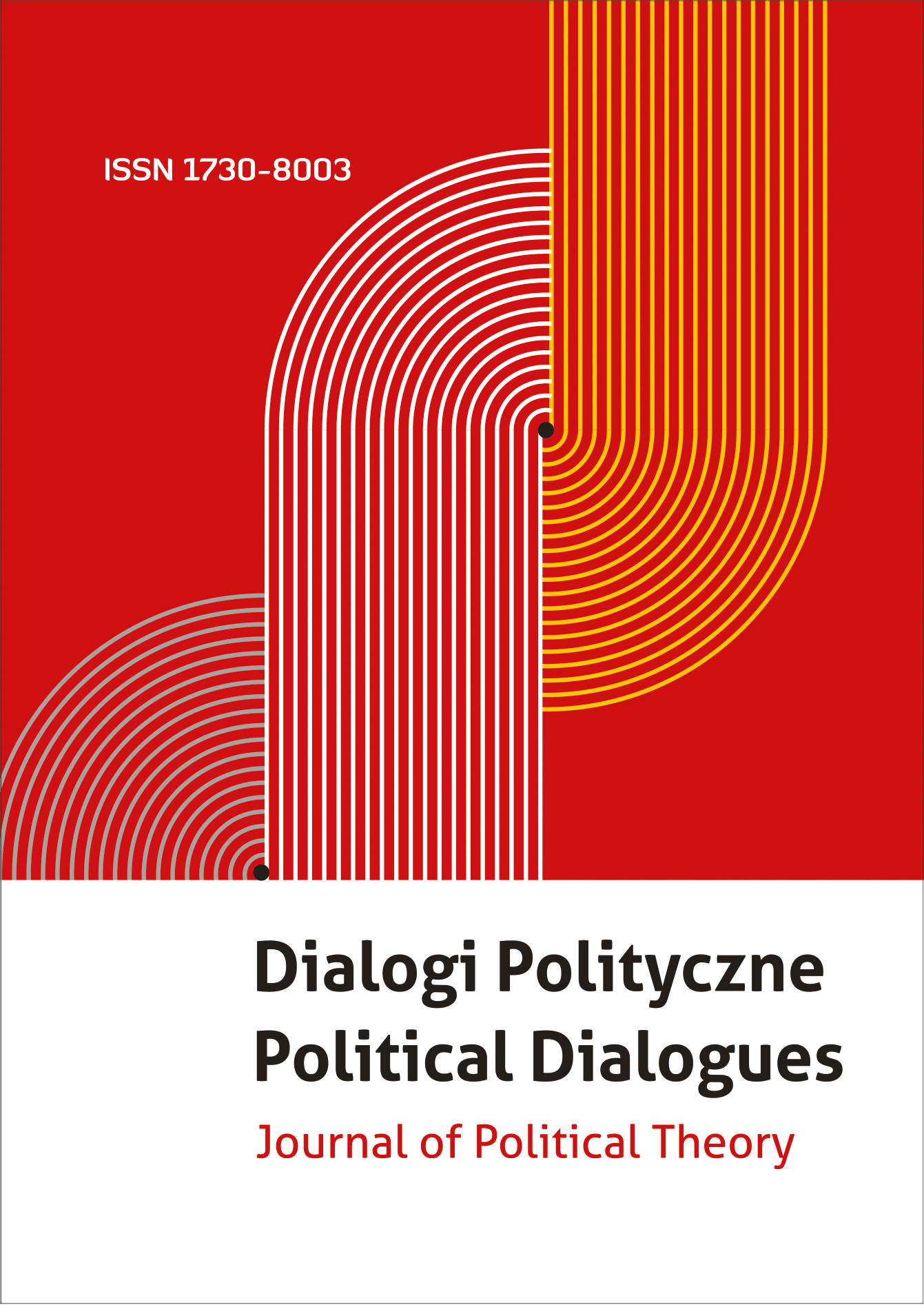Libertariańska teoria kary i samoobrony
DOI:
https://doi.org/10.12775/DP.2021.009Palabras clave:
libertarianizm, kara, samoobrony, restytucja, retrybucja, proporcjonalnośćResumen
The libertarian theory of punishment is based on the restitution principle and the mirror principle.
The former states that the perpetrator should compensate for the harm caused to the victim.
The latter states that the perpetrator forfeits his or her rights to the extent that he or she has
deprived another person of theirs. Both in determining damages as well as in imposing mirror
punishment the principle of proportionality must be followed. Thus, the appropriate libertarian
punishment for a rights violation is a combined punishment which includes both rectification
and mirror punishment. The libertarian theory of punishment sets an upper limit on punishment
but there is no obligation on victim to impose the maximum penalty. The victim is the
sole disposer of the punishment; it is up to the victim to decide whether the punishment is to be
carried out and whether it should take the maximum permissible amount. When the victim is
dead and has left no disposition as to the application of the mirror punishment, the punishment
can be applied by a third party. In analyzing the libertarian theory of self-defense, we should
take into account both the mirror principle and the principle of gentleness, which states that the
defending party should use the least amount of violence necessary to provide effective protection.
A situation where a victim is unable to use an adequate amount of violence and can either
forego defending themselves or use a disproportionate amount of violence poses an interesting
challenge for libertarian theory and requires further analysis.
Descargas
Publicado
Cómo citar
Número
Sección
Stats
Number of views and downloads: 910
Number of citations: 0



